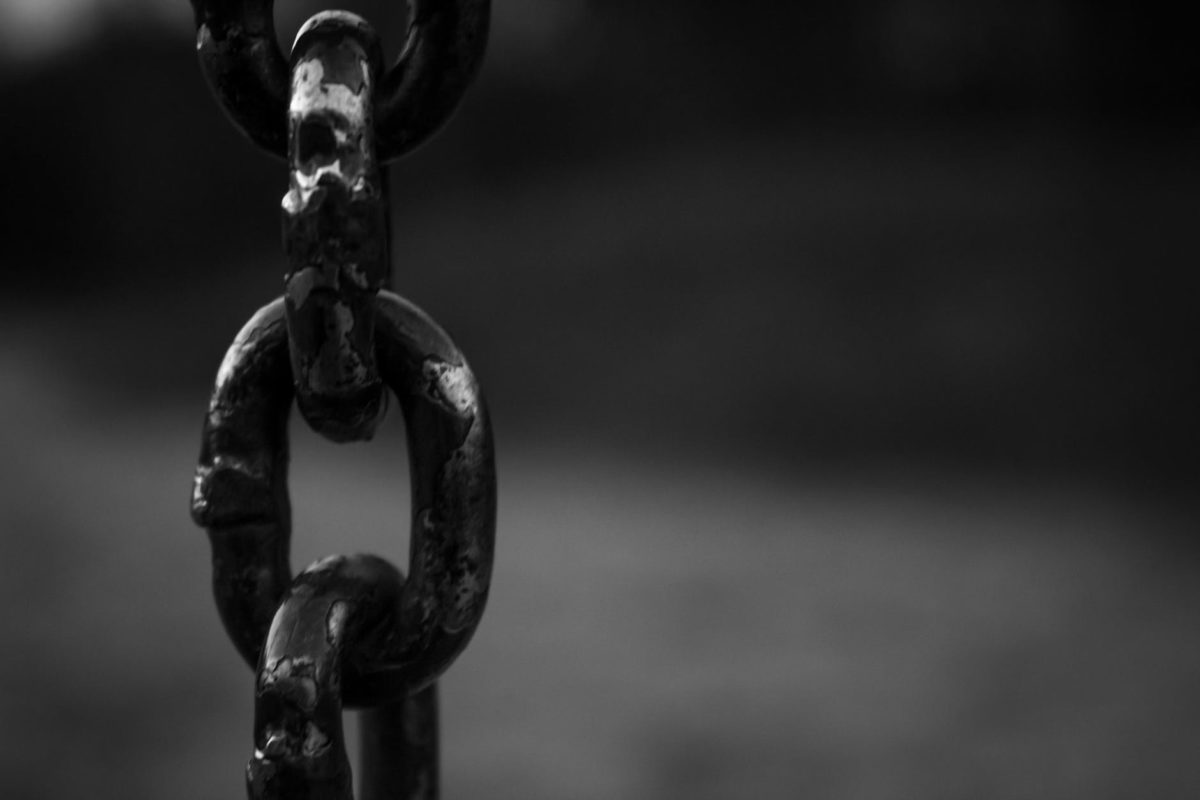The history of slavery and colonisation in South Africa has largely been ignored (except in academic circles) in favour of the more dominant narrative of apartheid. However, given that the Cape was colonised two centuries before the rest of South Africa, the importance of this legacy and its impact on social and economic conditions is fundamental to the understanding of contemporary South Africa.
Slavery was a subject glossed over in the history classes we were taught in apartheid-era schools. Presented as a more benign version of slavery elsewhere, slave-owners in South Africa were portrayed as paternal figures caring for their child-like slaves while attempting to ‘civilise’ them. As a child I was vaguely aware that the Coon Carnival my parents took us to watch in District Six each New Year or the liederen sung at ‘Malay’ weddings had a connection to slavery. The absence of published slave narratives confirmed that slaves were nothing more than possessions, their histories undocumented apart from lists of slave-owners’ possessions, estate transfer documents and court cases. It is only in the last thirty years that studies on slavery at the Cape have presented a counter-narrative.
In 1652 the VOC established a refreshment station at the Cape of Good Hope. Six years later the first slaves from the coast of Guinea and Angola arrived to meet the increased labour needs of the colony, but by 1700 about 50% of slaves came from the coast of India. By 1660 the Cape was a busy port where a multitude of languages were spoken and women from all backgrounds bolstered the population. The VOC turned a blind eye to the fact that the slave lodge served as a brothel for garrison soldiers and passing sailors, since it increased the slave population and within two decades liaisons between Europeans, slaves and the Khoisan had given rise to a population of mixed origin.
Slavery was a central element of the Dutch colonial conquest and part of the emergence of Afrikaner political and social ideas, although both the British and the Dutch occupied the Cape during this time and were responsible for the continuation of slavery until it was abolished in 1834. As happened elsewhere, discrimination arose against non-Europeans and people of half-European descent. Racial prejudice and ethnic division laid the foundation for apartheid in South Africa and a climate of violence and the devaluation of the labour of domestic workers and farm labourers.
Author and academic Gabeba Baderoon (2014) observes that “slavery generated foundational notions of race and sex in South Africa” that has largely been forgotten through the sustained system of propaganda that portrayed slavery as mild. However, the legacy of slavery is not only present in our ideas about race and sex, but in the high levels of violence that South Africa continues to experience today.
But to remember slavery is also to remember the spirit of resistance which brought into being a vibrant and diverse culture of music and dance, food, language, in spite of repression. When we commemorate the anniversary of the emancipation of slaves in South Africa, we should remember with pride the contributions to our society by the ordinary people who found ways to survive the harshness and cruelty while holding onto that which made them human.
This is an extract from my article REMEMBERING SLAVERY IN SOUTH AFRICA published in the African Independent magazine, Issue 1 Dec/Jan 2017/18.
